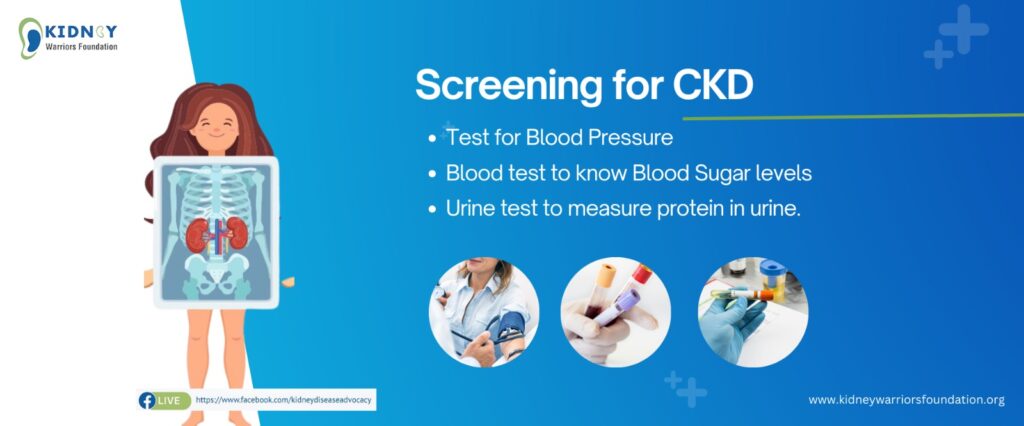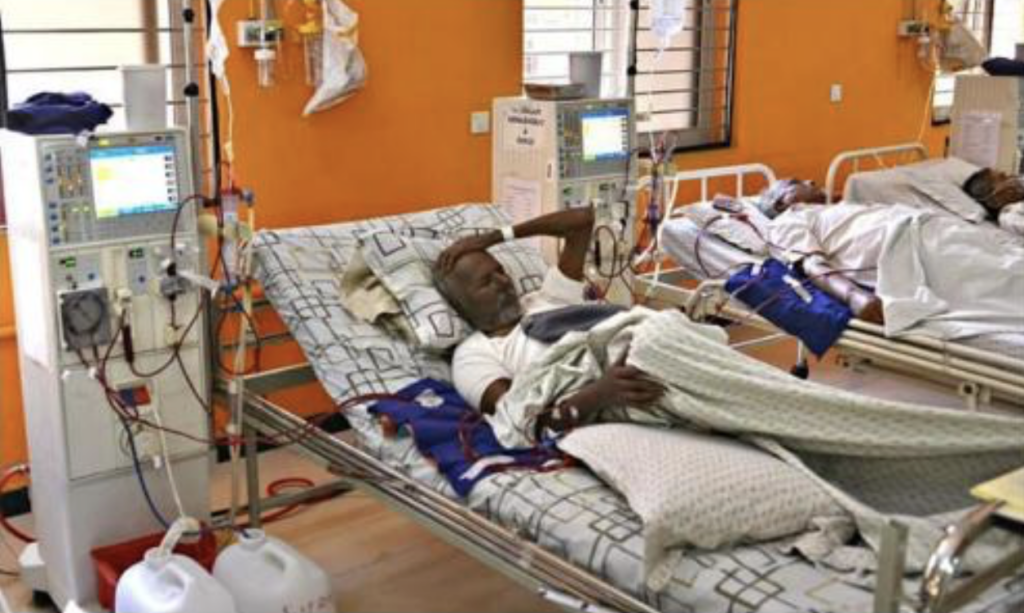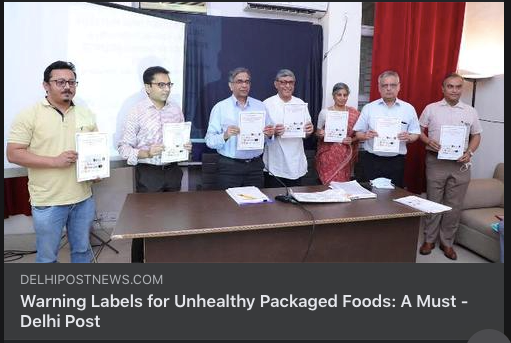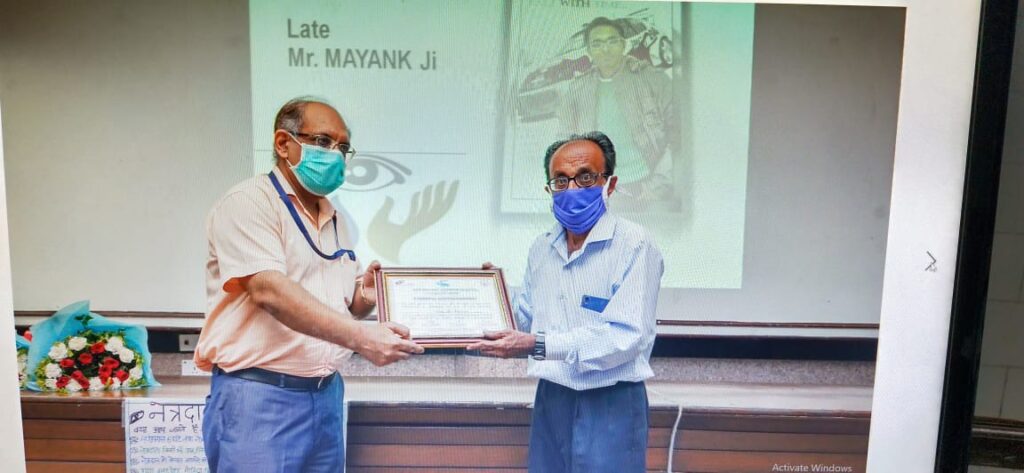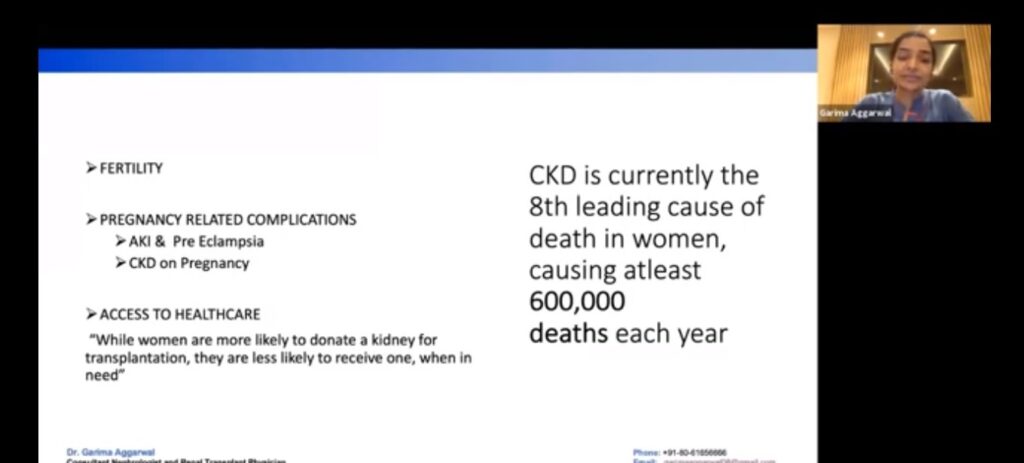Archive
30 Mar
<strong>Preventive Measures – Kidney Health for All</strong>
The incidence of kidney disease has been steadily rising. According to studies, young people are being affected more than ever, which raises a huge concern among global kidney communities. In our efforts to take corrective steps to check prevalence of the disease, KWF decided to focus work around ‘Preventive Measures’ in 2021. We conducted a […]
READ MORE25 Feb
Patient Advocacy in Karnataka
Kidney Warriors Foundation wrote to the Central and State Governments on the basis of complaints received from patients that some of the dialysis centres under the Pradhan Mantri National Dialysis Programme (PMNDP) were being run by technicians without the guidance of nephrologists.
READ MORE31 Jul
Patient Advocacy: Organ Donation Laws, possible changes.
In our endeavour to address long waiting lists, and get more patients on dialysis to achieve their transplant goals, we undertook a close study of the existing transplant laws. It was necessary to check if any tweaking in laws could add more dimensions to increase organ donation.
READ MORE31 Jul
Front of Package Warning labels
A Position Statement of Indian Organisations Protecting Public Health With India facing a public health crisis as a result of rising obesity, diabetes, cancers, hypertension, cardiac diseases, renal disease and mental health issues there is huge concern of people dying due to Non-Communicable Diseases (NCDs). Out of total deaths of about 9 million the current […]
READ MORE2 May
Clinical Research – The Backbone of Medical Progress
While getting clinical trials down in western countries seems the road forward, we have found great hesitancy for our people in India to get experimental.
READ MORE2 May
Our Donors – Believers in our Cause
Kidney Warriors Foundation is grateful to have some huge hearts willing to help. Our initiatives would not have been successful without their contribution. If you feel inspired by them, please donate to help our cause. Donations made to Kidney Warriors Foundation are eligible for tax exemption under section 80G.
READ MORE1 May
Direct Impact to Kidney Patients
Our journey during the early days provided emotional support, guided patients on treatments, doctors and hospitals through Facebook. Meanwhile, we carried out a lot of internal research to gather causes for end state kidney disease, years since acquired and general employment, education status, and consolidated all the data gathered. Through engaging conversations, patients expressed their […]
READ MORE30 Dec
The gift of eyes by a kidney warrior!
When our caregiver warrior, Virendra Singhal showed immense generosity in his moment of grief. Mayank Singhal was diagnosed with CKD as a result of Alport Syndrome at a young age, when he was happy and carefree, and full of dreams for a bright future and a career. The diagnosis and treatment that followed put an […]
READ MORE30 Dec
YOGA CLASSES FOR PHYSICAL AND MENTAL WELLBEING OF KIDNEY WARRIORS
Online Yoga classes conducted by our caregiver member Saurabh Agrawal For people with CKD, physical activity is imperative in order to overcome the manifold side effects of dialysis and medications. Although walking is considered the best form of exercise, it can be supported by other forms for better outcomes. Yoga is one such form that […]
READ MORE22 Nov
“THE WARRIORS JOURNAL” – EP8 Pregnancy & Women’s Health in CKD WITH DR. GARIMA AGGARWAL
Women’s Health & Pregnancy in Chronic Kidney Disease Health issues of women do not get as much attention or focus as that of men. Women themselves often ignore symptoms of disease and do not heed warning signs issued by the body. The disparity in access to health care by men and women is proved by […]
READ MOREALL CONTACTS
- B 504, Vrindavan Co-op Housing Society, Goregaon Link Road, Mulund (W), Mumbai – 400 080
- +91 81082 82100
- kidneywarriors.organisation@gmail.com
SUBSCRIBE
Stay connected with KWF by subscribing to our newsletter for the latest updates and news.
- Copyright © 2020 Kidney Warriors Foundation


